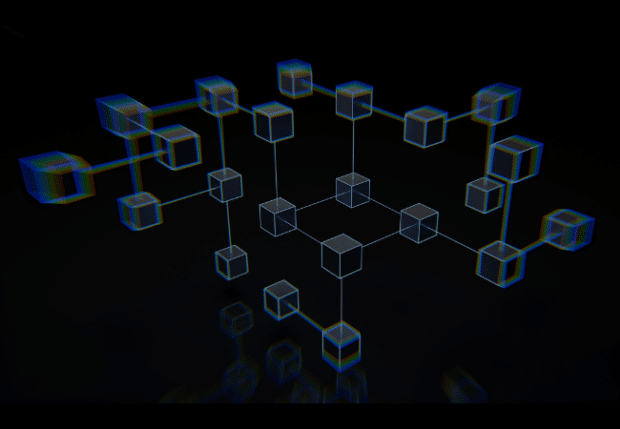AI and blockchain: The two halves of our digital future
A few years ago, everyone discussed Bitcoin and how it will change the world.
Later, artificial intelligence grabbed the world’s attention with ChatGPT. Surprisingly, blockchain will make a comeback as experts merge it with artificial intelligence.
They see AI as one of the solutions to manage the blockchain’s complexity. More importantly, it will make using and operating blockchains easier for everyone.
READ: How to merge two JPGs into one PDF
However, merging these complicated technologies may seem too overwhelming to understand.
Fortunately, this article will explain how AI and blockchain will complement each other so that you can prepare.
What are AI and blockchain?
AI & blockchain are revolutionizing industries with automation, data insights, and security. The future is here! 🚀 #RapidInnovation #Tech #AI #Blockchain pic.twitter.com/CIUIOYdvKk
— Rapid Innovation (@InnovationRapid) August 9, 2024
Artificial intelligence (AI) refers to technology that can simulate near-human intelligence. For example, ChatGPT runs on an AI that can generate text based on user prompts.
On the other hand, blockchain is a decentralized computer network. As the name suggests, they don’t rely on a central hub. Instead, computers in the blockchain called nodes work for incentives to ensure the network functions.
For example, Bitcoin, the first cryptocurrency, relies on this decentralized computer network. Meanwhile, people can turn their computers into miners that verify Bitcoin transactions.
Confirmation requires enormous amounts of processing power but earns proof-of-work for additional Bitcoin.
Why merge AI and blockchain?

ChatGPT popularized generalized artificial intelligence, prompting many tech firms to develop proprietary programs. As a result, more people worldwide can use AI.
The downside is more people can experience artificial intelligence issues. For example, generative text-to-image programs may infringe on copyrighted content as they follow user prompts.
Tech solutions firm KPMG’s Generative AI Survey 2023 says many executives believe AI will drive innovation for their businesses. Here are some insights:
- 77% of executives see generative AI as the most impactful emerging technology they will use.
- 73% believe generative AI will increase workforce productivity.
- 71% plan to implement their first generative AI solution within two years.
- 64% believe generative AI will help their business gain a competitive advantage.
Artificial intelligence firm Turing explains how merging AI and blockchain could improve the former:
- Transparent data source: Blockchain nodes are highly traceable, meaning users can easily authenticate AI data.
- Autonomous system: Mixing AI with blockchain ensures the entire network doesn’t rely on a single server. Moreover, decentralized computer servers can perform AI training and operations without constant human supervision.
- Privacy protection: Blockchain’s cryptographic techniques enhance privacy, which facilitates training and supplying AI systems.
- Distributed computing power: Blockchain can provide the computing power AI needs.
- Security: Artificial intelligence can make smart contracts more secure. SCs are agreements that activate immediately after both parties meet requirements.
- Reading efficiency: AI can reduce data usage to speed up data queries.